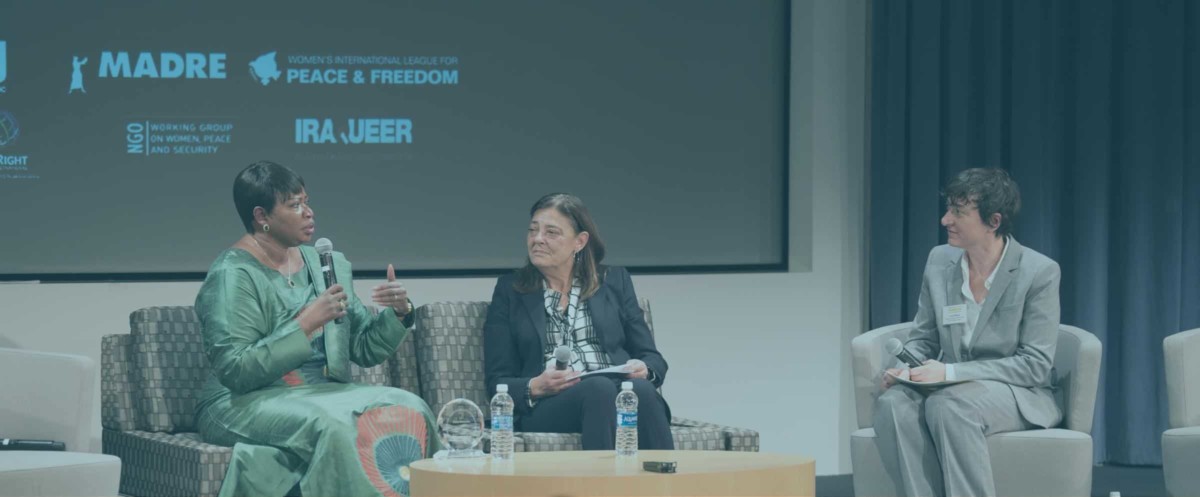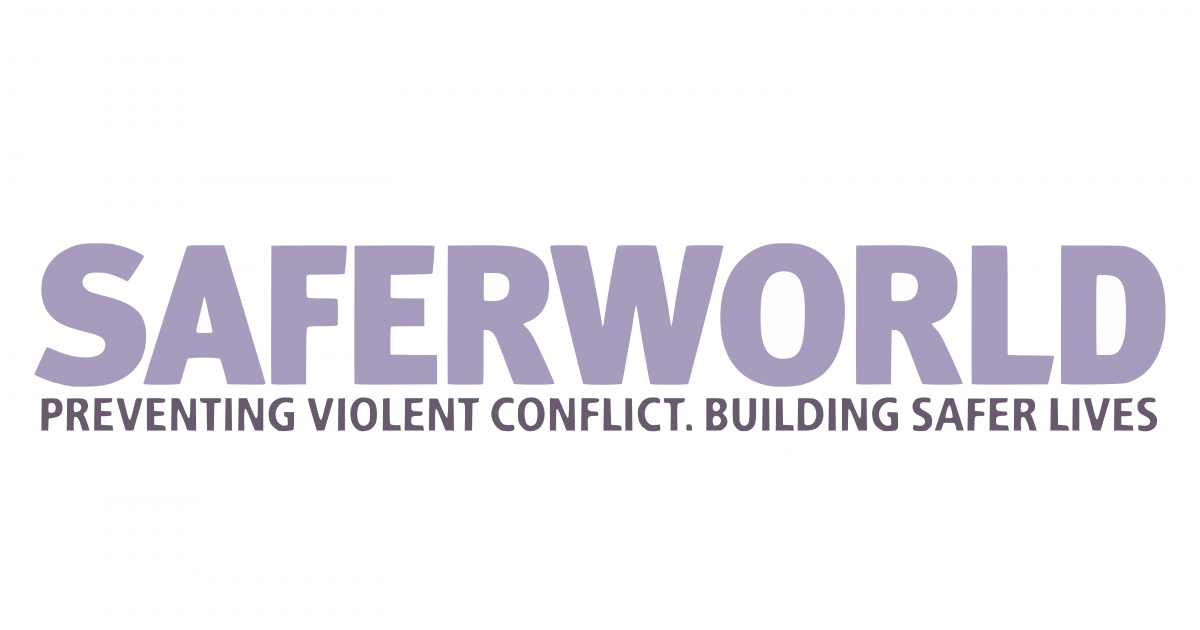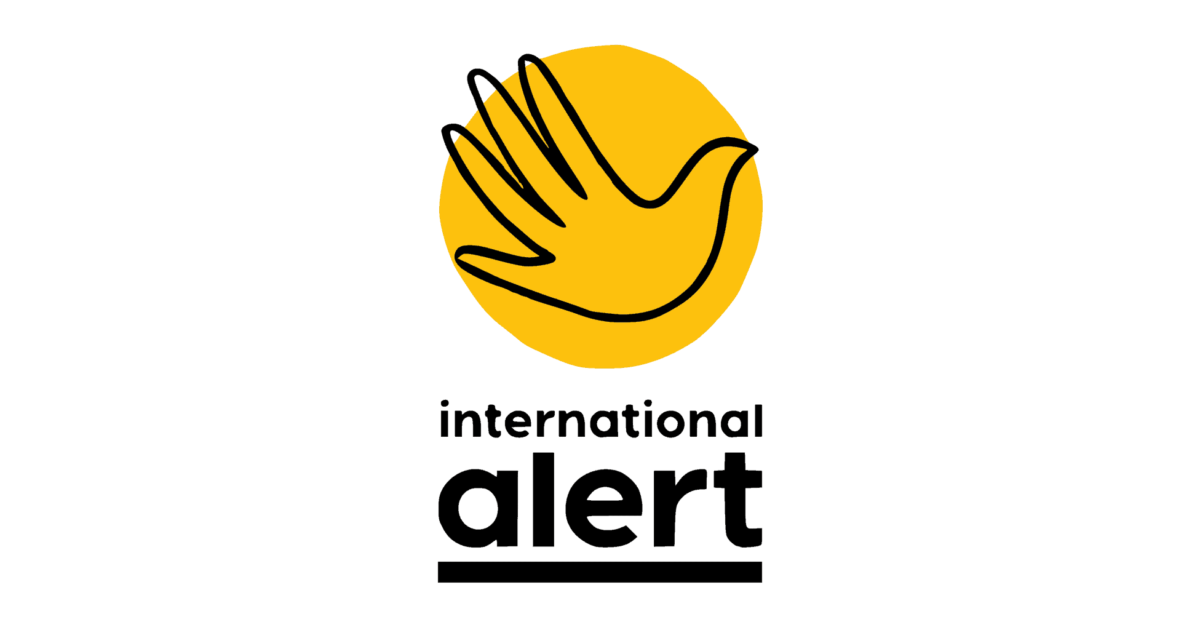Syria & Golan Heights
Syria & Golan Heights
Since 2011, Syria has been on the United Nations Security Council’s agenda, when President Assad’s aggressive actions against pro-democracy protesters during the Arab Spring became more frequent and increasingly violent, leading to civil war and terrorist violence within the country.
Insecurity is the primary concern for women, yet in spite of their limited operating environment, women activists have organized nonviolent protests, distributed and monitored humanitarian aid, documented human rights violations, created safe spaces for women and children, and worked at the local level to set up ceasefires, prisoner releases, and elections.
Based on the work of NGOWG members and their partners, the NGOWG advocates for ensuring women’s needs— such as secure access to sanitation facilities and hygiene, and health assistance— are adequately addressed, and that Syrian women are equally and meaningfully participating in the UN-facilitated political process and in the design and implementation of ceasefire monitoring mechanisms.
Golan Heights
Golan Heights, a disputed plateau in south-western Syria, is home to an equal number of Syrians and Jewish settlers, and since 1973, United Nations Disengagement Observer Force (UNDOF) peacekeepers have observed a contested territorial line between Israel and Golan Heights.
In the current Syrian conflict, Golan Heights has become a key strategic geopolitical position, causing an escalation in violence and increased violations of the ceasefire territorial agreements. Recent advances and attacks by the Islamic State of Iraq and the Levant (ISIL) have concerned residents of Golan Heights— particularly given ISIL’s systematic denial of women’s rights and perpetuation of violations against women.
Based on the work of NGOWG members and their partners, the NGOWG advocates for addressing the increasing gender imbalance in UNDOF by deploying a higher percentage of women, and inclusion of gender-specific language in the UNDOF mandate.
Current and Past Recommendations to the UN Security Council (Monthly Action Points)
The Council is expected to remain engaged on the situation in Syria, particularly in the aftermath of the Geneva II talks. Despite numerous international commitments, including SCR 2122 (2013), women’s participation in all political efforts to resolve this conflict has been grossly insufficient. Women must participate as negotiators, technical experts, and mediators, and technical expertise must be provided on the gender dimensions of all issues under discussion. This includes ensuring civil society actors have a clear and meaningful role in the negotiations, and that the concerns of all women, including those displaced internally and across international borders, are included. The Council should ensure it supports this engagement with all relevant actors, including theUN/Arab League Special Envoy, and relevant Member States. The Geneva II negotiations have been taking place as the situation in Syria continues to deteriorate, with the civilian population continuing to be subjected to a broad range of human rights violations. The violence has created widespread internal displacement, as well as over two million registered refugees in neighboring countries-all of whom face dire conditions. Humanitarian agencies are reporting higher than average numbers of refugees with new conflict-related disabilities, while humanitarian aid overall is underfunded, and current support is not adequately addressing gender-specific concerns. As the refugee crisis in neighboring countries grows, with 85% of the displaced comprised of urban refugees, the need for humanitarian assistance to address women and girls’ specific protection and empowerment needs is becoming more urgent. Prevention of GBV should include specific outreach to women and girls who are heads of households and who have disabilities and thus are at greater risk of being targeted for GBV. As per the UN Guidelines for Gender-based Violence Interventions in Humanitarian Settings, UN humanitarian assistance providers should ensure that survivors have information about and access to these services.
Relevant Resources











